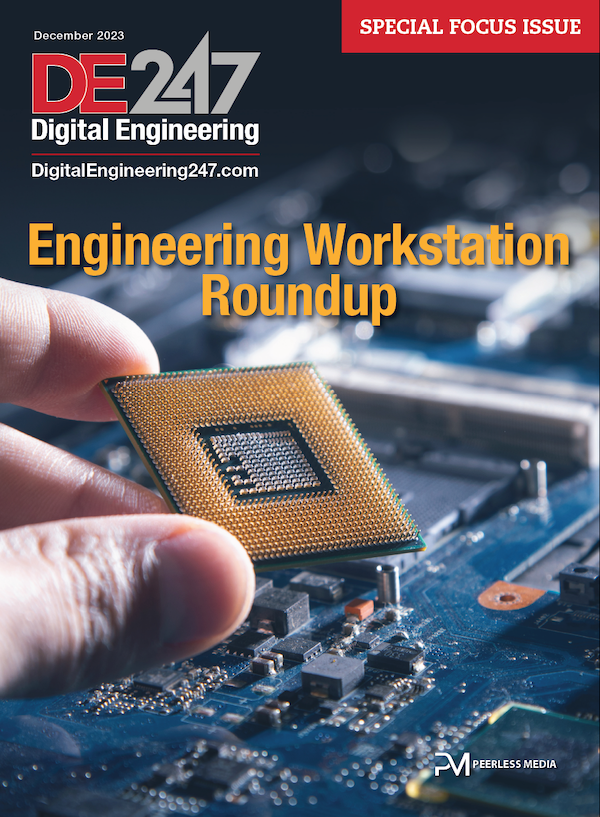Check it Out: the Intel Parallel Studio PDF
Latest News
June 25, 2010
By Anthony J. Lockwood
Dear Desktop Engineering Reader:
 |
To paraphrase Chuck Dickens, for software developers it’s the best of times and the worst of times. You have terrific tools like Microsoft Visual Studio to work with, but the world is demanding high-performance applications. This has made software optimization much more complicated than running your C++ handiwork through a compiler to see if it crashes or not. Optimization and reliability are the roles handled by the tools in Intel’s Parallel Studio.
Intel Parallel Studio extends Microsoft Visual Studio so that you can verify, correct, and improve serial and parallel application reliability. It has three components: Intel Parallel Amplifier, Intel Parallel Composer, and Intel Parallel Inspector, the subject of today’s Check It Out.
The skinny on Intel Parallel Inspector is that it’s a serial and multithreading error-checking analysis tool for Microsoft Visual Studio. It helps you find memory errors that cause crashes and lockups, such as leaks, dangling pointers, corrupt memory, and misallocated memory misallocation, quickly and easily. It provides guidance to help you ensure application reliability and quality.
Let me back up. So, what really is Intel Parallel Studio? And what is quickly and easily? Good questions. Today’s Check It Out— “Eliminate Memory Errors and Improve Program Stability”—is a great place to begin assembling your answers.
This 15-page PDF is not a marketing piece. It is a step-by-step demonstration of how you leverage the Intel Parallel Inspector to isolate and resolve memory errors and performance issues. It shows you how to create executables for error checking, find and fix errors, configure and run analyses, and what to look for when interpreting your results data.
And you don’t need to have Intel Parallel Studio to make sense out of it all. However, there is a link early in the PDF where you can sign-up and download a 30-day evaluation as well as a sample application so that you can try out what I’m talking about as you follow along in the guide.
I’ve always believed that software developers get less respect than do lawyers and insurance sales people: No one ever thinks of you until the application crashes or runs like there’s a piano on its back. When something goes boom or the application takes forever to do what you want done now, then you get heaps of scorn. Developing good, reliable applications is an art that requires more expertise than just making sure code passes through Microsoft Studio. Intel Parallel Studio offers the tools for minimizing code defects and maximizing reliability. Hit the link, download this evaluation guide, and Check It Out for yourself.
Thanks, Pal.—Lockwood
Anthony J. Lockwood
Editor at Large, Desktop Engineering
Subscribe to our FREE magazine, FREE email newsletters or both!
Latest News
About the Author
Anthony J. Lockwood is Digital Engineering’s founding editor. He is now retired. Contact him via [email protected].
Follow DE





